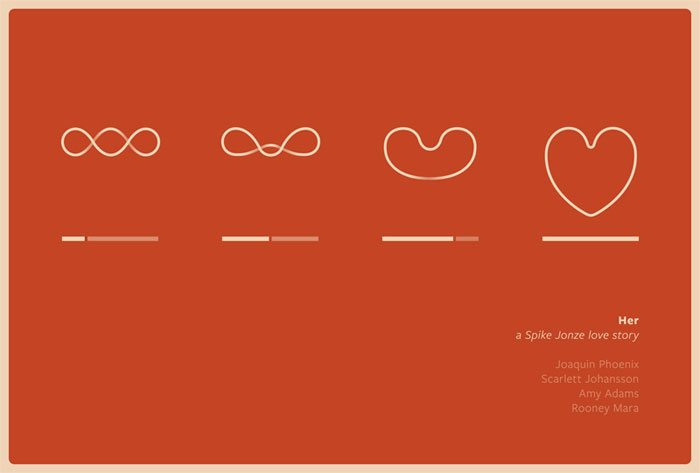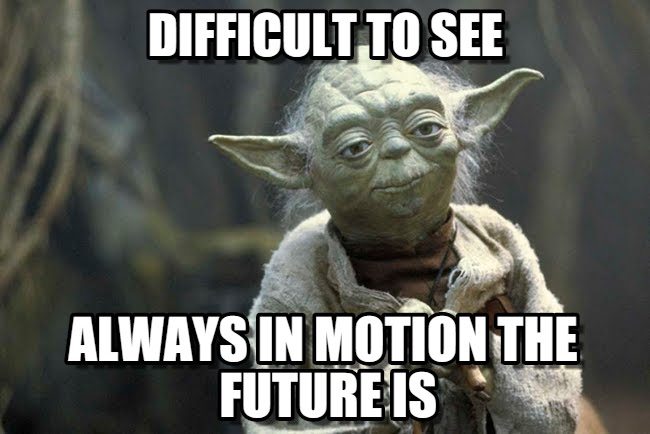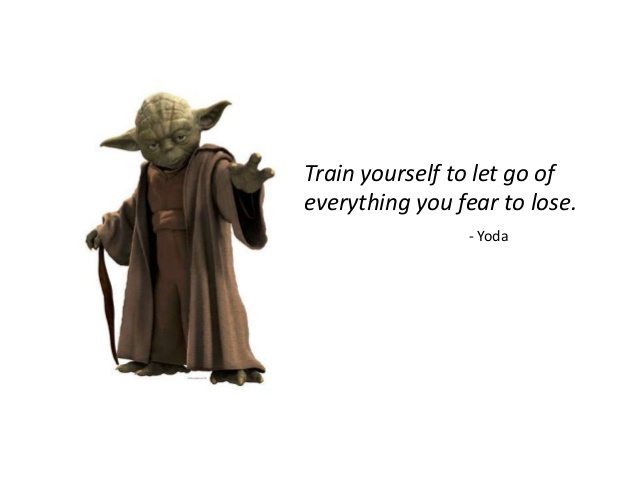
There’s a line in the 2013 film Her, it’s not just an operating system, it’s a consciousness. The film is about Theodore, played by Joaquin Phoenix. Theodore is a lonely writer who gets to trial a new operating system OS1, the world’s first artificially intelligent operating system. The OS1 tailors itself to your habits and needs, and this OS is almost alive, as represented by the personality of its voice, Samantha, played by Scarlett Johansson. From IMDB:
Theodore quickly finds himself drawn in with Samantha, the voice behind his OS1. As they start spending time together they grow closer and closer and eventually find themselves in love. Having fallen in love with his OS, Theodore finds himself dealing with feelings of both great joy and doubt. As an OS, Samantha has powerful intelligence that she uses to help Theodore in ways others hadn't, but how does she help him deal with his inner conflict of being in love with an OS?
Sound silly? Not really. Samantha is likely to appear some time in the next decade and, by the 2030s, will be super intelligent. In fact, there are three levels of artificial intelligence:
Artificial Narrow Intelligence (ANI): AI that specializes in one area, such as an AI that can beat the world chess champion in chess, but that’s the only thing it does;
Artificial General Intelligence (AGI): AI that reaches and then passes the intelligence level of a human, meaning it can “reason, plan, solve problems, think abstractly, comprehend complex ideas, learn quickly, and learn from experience”. This level beats the Turing test where scientists are unable to tell the difference between the machine and the human.
Artificial Super Intelligence (ASI): AI that achieves a level of intelligence smarter than all of humanity combined — “ranging from just a little smarter … to one trillion times smarter”. This is the era where the machines run the planet and learn from each other, vis-à-vis Skynet in The Terminator films.
Intriguingly, in most science fiction are movies, the future is portrayed as scary and dark, as in The Terminator and Ex Machina, but it is far more nuanced than that. I often look back at history for examples of the future, and see things like the invention of Coca-Cola to relieve people of the fear of fast cycle change:
1886: Coca-Cola is invented by Colonel John Pemberton, who has been injured in the American civil war and developed an addiction to morphine. He decides to invent a tonic to cure him of his habit and comes up with a coca wine - which uses coca leaves (the basis of cocaine) and kola nuts (a source of caffeine) - to cure him. Eventually, Coca-Cola becomes widely available, sold as a medicine at soda fountains across the US, with Pemberton claiming it could cure ailments including impotence, headaches and dyspepsia.
Back in the late 1800s and early 1900s, the fast movement of technology from railways to manufacturing to the appearance of airplanes and moving pictures, meant that the Victorians and Edwardians were suffering from big fear of what this would lead to in the future. This is the era of H.G. Wells telling stories of invasions from aliens in War of the Worlds and the chilling story of The Machine Stops by E.M. Forster. If you haven’t read the latter, I recommend it to you (free online). Here’s a short synopsis:
In a future world, humans live in isolation below ground due to some form of toxic event poisoning the air of Earth, such as a nuclear war. The Machine is a kind of Skype service by which people conduct their only activity, sharing ideas and knowledge. The two main characters, Vashti and her son Kuno, live on opposite sides of the world. Kuno tells Vashti that he has visited the surface of the Earth without permission, and without the life support apparatus that is supposedly required to survive in the toxic air, and he saw other humans living outside the world of the Machine. However, the Machine has recaptured him and he has been threatened with 'Homelessness', that is, expulsion from the underground environment and sent to the surface of the earth which means death.
As time passes, two things happen. First, the life support apparatus, required to visit the outer world, is abolished. Second, a kind of religion is established in which the Machine is the object of worship. People forget that humans created the Machine, and treat it as a mystical entity whose needs supersede their own. Those who do not accept the deity of the Machine are threatened with Homelessness.
Due to humans giving into the Machine, they worship it without further thought, and without maintenance.
I won’t say any more except to reiterate the title in the context of having read the above: what happens if the Machine stops?
You see? Scary is the future, is it not?
And yet, when we look back in hindsight, the past is not scary at all. In fact, it seems primitive. What did we do before we had cars? Who lived a life without a mobile phone? What would we do without the Facebook Machine?
So, when I’m looking twenty years ahead at what the internet will look like then, I cannot be certain but, what is clear, is that it will be a consciousness. It will be all around us, running everything, and with super intelligence built into robots that look like humans and humans who live with robotics inside.
Some call this the semantic web, and this has been forecast for years. The phrase semantic web was coined by Tim Berners-Lee back in 2001 in an article published by the Scientific American, co-authored with James Hendler, and Ora Lassila. They defined ti as an internet that “will enable machines to comprehend semantic documents and data, not human speech and writings”.
Since then, it has become a bucket used by many to describe the web when it wakes up. When the internet is ubiquitous and conscious. Whatever you want to call it, by the 2030s, it is pretty obvious that we will have a networked planet with devices intelligently trading on that network. Where robots have intelligence as good as, or in many cases better than humans. Where we are travelling as space tourists and where the most likely skills will be creativity and science, rather than trading and retail. We will still need to eat and drink, be entertained and operated upon, but so many of these needs will be serviced by machines that we will live lives that are +1. It is far more likely that by this period, we will have automated most menial tasks and even many of those that can be automated that currently require cognitive skills, such as brokers and traders.
What will be doing? Well, I’ve already tried to answer some of those questions: repairing robots, creating next generation systems, curing the world’s ills and servicing our spacecrafts. It all sounds like science fiction but, as I so often repeat, a lot of science fiction becomes science fact. In fact, the reason why Victorians wrote scary books about a future dystopia is the same reason that we make scary movies about a future dystopia today. Because it sells. It sells because people are frightened of change, and the future is always changing.
I am not frightened of the future and don’t see it as a dystopia. Humans are always going to build checks and balances into systems to ensure that, if they fail, we survive. We might let a sentient network take over the planet, but will build such a sentient network with checks and balances. There has to be back-ups, disaster recovery, fault tolerance and an off switch. It will be fascinating to see how it plays out.
This concludes my write-up of the five generations of internet developments that seem to be out there, from the 1990s when URLs and HTML were put together by Tim Berners-Lee (web 1.0), to the social networks of the 2000s (web 2.0), to the internet of value in the 2010s (web 3.0) that supports the internet of things in the 2020s (web 4.0), which finally leads to the semantic web (web 5.0).
By the time we get to the 2030s web that has conscience, the network will be managing its finances in the network. We will be alerted only when something needs to be addressed, such as topping up our Apple wallet so that our car can refuel to being alerted that the entertainment system is downloading pornography, do we approve? These alerts will be based upon our personalised profiles, as established by our infomediaries, of which Theodore’s is called Samantha.
Welcome to the network. We’ve been waiting for you.
Chris M Skinner
Chris Skinner is best known as an independent commentator on the financial markets through his blog, TheFinanser.com, as author of the bestselling book Digital Bank, and Chair of the European networking forum the Financial Services Club. He has been voted one of the most influential people in banking by The Financial Brand (as well as one of the best blogs), a FinTech Titan (Next Bank), one of the Fintech Leaders you need to follow (City AM, Deluxe and Jax Finance), as well as one of the Top 40 most influential people in financial technology by the Wall Street Journal's Financial News. To learn more click here...



